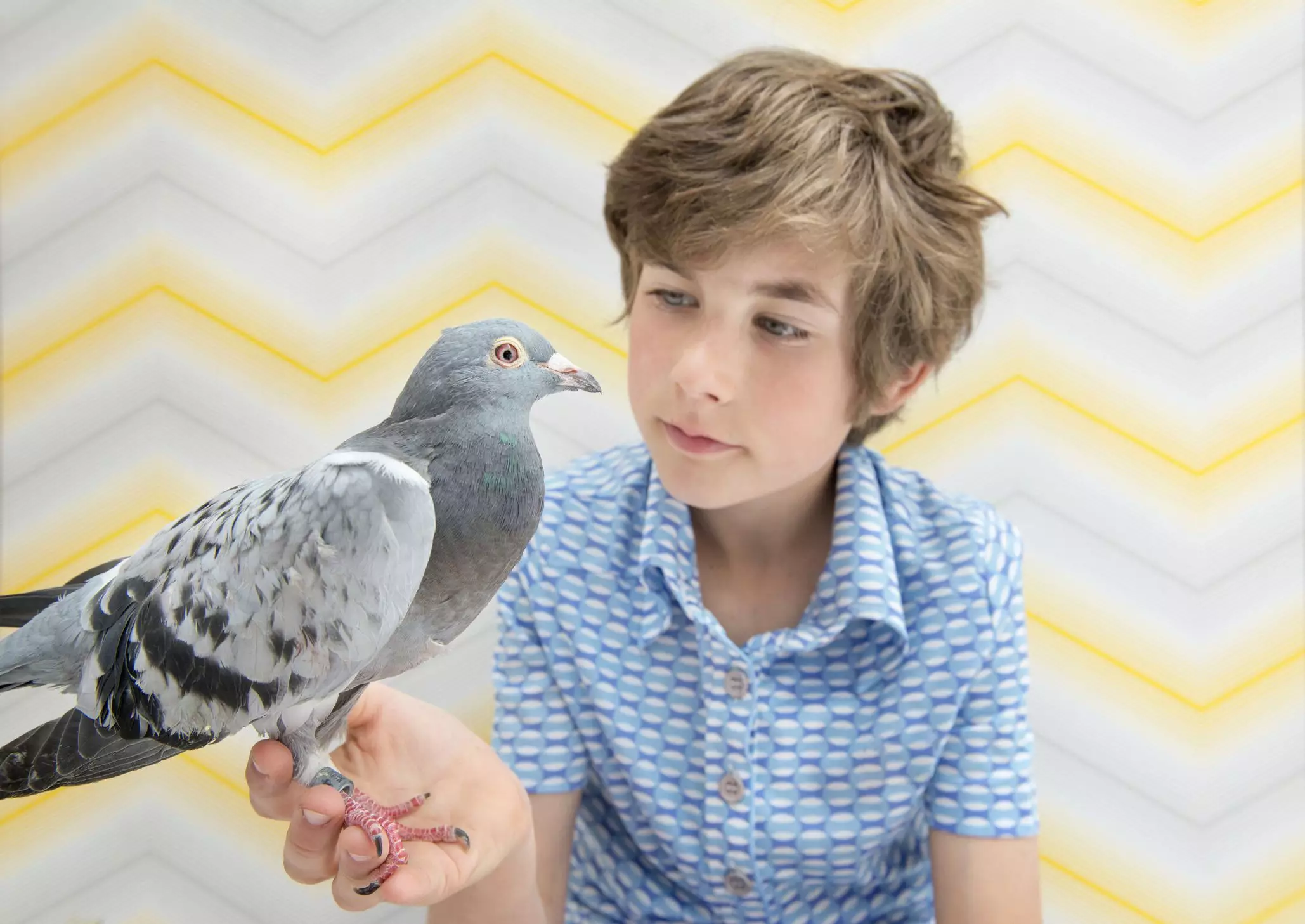Keeping pigeons as pets can be deeply rewarding due to their unique personalities and affectionate nature. However, this seemingly straightforward joy comes with significant responsibilities, particularly concerning their health. Understanding common ailments and their prevention can lead to a more fulfilling experience for both the owner and the bird. In this article, we will dive into various health issues that pet pigeons may face and explore best practices in their care.
Pigeons, along with their close relatives, doves, are susceptible to several diseases that can affect their well-being. These diseases can manifest in various forms, including respiratory issues, digestive disorders, and infestations by external parasites. Owners must be aware of these potential risks and proactive in managing their pet’s health.
Among the most common ailments affecting pigeons is **canker**, caused by a protozoan parasite. This infection primarily affects the digestive tract and can lead to notable symptoms like difficulty breathing due to nodules in the throat, weight loss, and diarrhea. The transmission of canker is primarily through contaminated food or water sources. Thankfully, the protozoan does not survive long outside of a host bird, but vigilance is necessary to prevent outbreaks within a flock. Treatment usually consists of veterinary-prescribed medications, and in severe cases, surgical intervention might be required.
Another significant threat is **parasites**, including intestinal worms such as roundworms, tapeworms, and hairworms. These parasites can wreak havoc on a pigeon’s health, leading to symptoms such as weakness, diarrhea, and even reduced competitive performance in racing pigeons. Regular fecal examinations are essential to detect the presence of worms, as their eggs might be present without any visible worms in droppings.
**Coccidia**, a protozoan parasite found in the intestinal lining, poses further challenges for pigeon owners. Coccidiosis can lead to symptoms ranging from diarrhea and weakness to noticeable weight loss. This parasite spreads easily through the ingestion of infected droppings. While small amounts of coccidia can be tolerated without immediate treatment, high levels necessitate veterinary intervention, especially if accompanied by loose droppings.
Similar to coccidia is **hexamita**, which may often be confused with canker due to its microscopic appearance. Unlike canker, however, hexamita tends to be less severe but can still lead to weight loss and gastrointestinal distress. Regular health checks and fecal tests can aid in early identification and treatment of these protozoans.
Pigeons are also vulnerable to external parasites, frequently manifesting as lice, mites, and flies that can lead to significant discomfort and complications. These pests can not only irritate the skin but also create an environment where more serious infections can thrive. Signs of infestation can include a scaly appearance to featherless areas, itchiness, and visible holes in feather shafts. Medicated treatments, in conjunction with improved hygiene practices, are crucial for alleviating these infestations.
Another health concern that looms large for pigeon owners is **respiratory infections**. These infections are notoriously contagious and often fatal if left untreated. Symptoms include nasal discharge, coughing, and difficulty breathing, all of which can severely impact a pigeon’s quality of life and activity levels. The root causes can range from fungal spores to bacterial infections and even stress-driven flare-ups. Comprehensive environmental management, including cleanliness and stable living conditions, plays an essential role in preventing respiratory issues.
Among the respiratory pathogens are strains of **chlamydia** and **mycoplasma**. While some pigeons carrying chlamydia may show no symptoms, stress can provoke a symptomatic response, necessitating treatment to manage the underlying respiratory issues tied to this infection. Mycoplasma is equally insidious, often manifesting with symptoms resembling those of a chlamydial infection. Stress management and a healthy living environment are key in mitigating these diseases’ occurances.
In light of these numerous potential health issues, prompt veterinary care is paramount. Owners should not hesitate to reach out to their veterinarians at the first signs of illness. Regular health check-ups and fecal examinations serve as vital tools for preventing illnesses and ensuring the long-term health and happiness of pet pigeons.
While keeping pigeons can be an enriching experience, maintaining their health requires diligence and responsibility. By understanding the various health challenges they face and instituting practices to prevent or promptly treat these conditions, you can ensure that your feathered companions enjoy vibrant lives. Always consult with a qualified veterinarian to keep your pet pigeon as healthy as possible.

